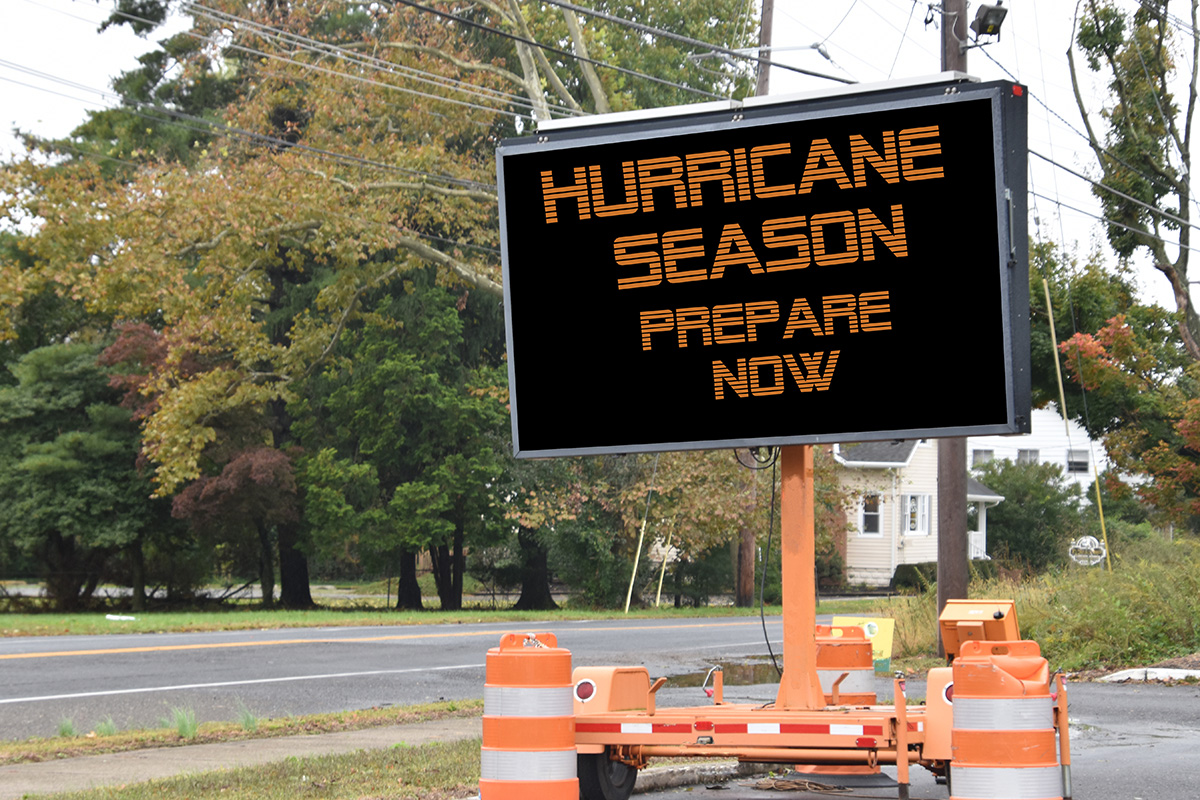November 7, 2022
How Truckers Deal with Anxiety on the Road
When experiencing shortness of breath, dizziness, and feelings of worry, the last place you want to be is behind the wheel. Anxiety can strike anyone, anytime; if you’re a trucker, it can become very inconvenient if not addressed. Feeling anxious is part of being human, but sometimes it can be too much to handle. Knowing how to control anxiety will better your life, career, and personal relationships.
What is Anxiety, and Why Do Truckers Get It
Anxiety disorders affect about 40 million adults annually and are among the most common mental illnesses in the US. Genetics, brain chemistry, personality, and life events can play a role in developing anxiety and can happen at any point in life, most commonly after 18. Some anxiety symptoms can be worried thoughts, tension, or feeling trapped, and even physical symptoms like rapid heartbeat, shortness of breath, sweating, or increased blood pressure can arise. Truckers can get anxious just like everyone else, from dealing with homesickness to worrying about making it to their destination safely and on time. Anxiety is normal and can come and go without much trouble, but it can sometimes linger and fester into something worse. Not to fear, there are many ways to eliminate these feelings of worry and discomfort, but it’s essential to see just how much of an effect they can have.
How Anxiety Can Affect Truckers on the Road
Feeling anxious can sometimes lead to avoiding certain situations out of worry, which can be detrimental to time and safety for a trucker. Intrusive thoughts may interrupt a long-haul run because you want to avoid a particular road or lead to other decisions that might not be for the better. Sitting in traffic can also bring about anxiety with dizziness, trembling hands, or rapid heartbeat, and if not handled, it can be hazardous for drivers and those around them. Feeling anxious can also disrupt sleep, which is precious for truckers, and anything that interrupts it should be taken care of. There are other ways to deal with sleep problems as a truck driver, but getting a handle on anxiety will also be a great help.
Natural Remedies for Anxiety on the Road
Specific vitamins and other herbal supplements are available to help ward off feelings of anxiety. Research has found that vitamin B and D deficiencies can lead to anxiety and depression. Vitamin B can be found in many sources like meat, poultry, fish, eggs, dairy, and green vegetables, which is good to know when deciding what to pack for the road. The best source of vitamin D is some good old-fashioned sunshine, but some can also be found in fatty fish, fortified juices, and dairy products. Both vitamins are available in supplement form if you’re still not getting enough. Having low levels of magnesium is also linked to anxiety. Supplements for magnesium are also available but can be found in foods like almonds, cashews, black beans, dark chocolate, spinach, etc. Keeping your body in check and addressing truck driver health concerns, whatever they may be, is vital for well-being and safety on the road.
Other Ways Truckers Can Deal with Anxiety
Besides natural remedies from food and supplements, there are even more ways to help calm anxiety, especially while on the road. Music therapy is a great way to reduce anxiety because music choices affect driving. Listening to music you enjoy can bring about happiness and help quiet some intrusive thoughts trying to creep in. One unexpected way to calm anxiety is with animal therapy. The next time there’s a petting zoo or a puppy store along the road, try to stop by and spend some time with the animals for some natural anxiety relief.
When Anxiety Can Become Serious for Truckers
Anxiety can come in all shapes and sizes, some cases being worse than others. There are times when anxiety can get bad enough to cause serious consequences, especially for truckers. One way anxiety can get out of hand is when it leads to a panic attack. A panic attack can be mild and pass shortly or lead to fainting and hospitalization. A panic attack while driving can lead to accidents and impair the safety of drivers and those around them. If anxiety becomes so severe that it disrupts day-to-day activities, it might be worth talking to a doctor and exploring treatment options. Anxiety can be easily treated or managed if you have the confidence to explore the right tools.



